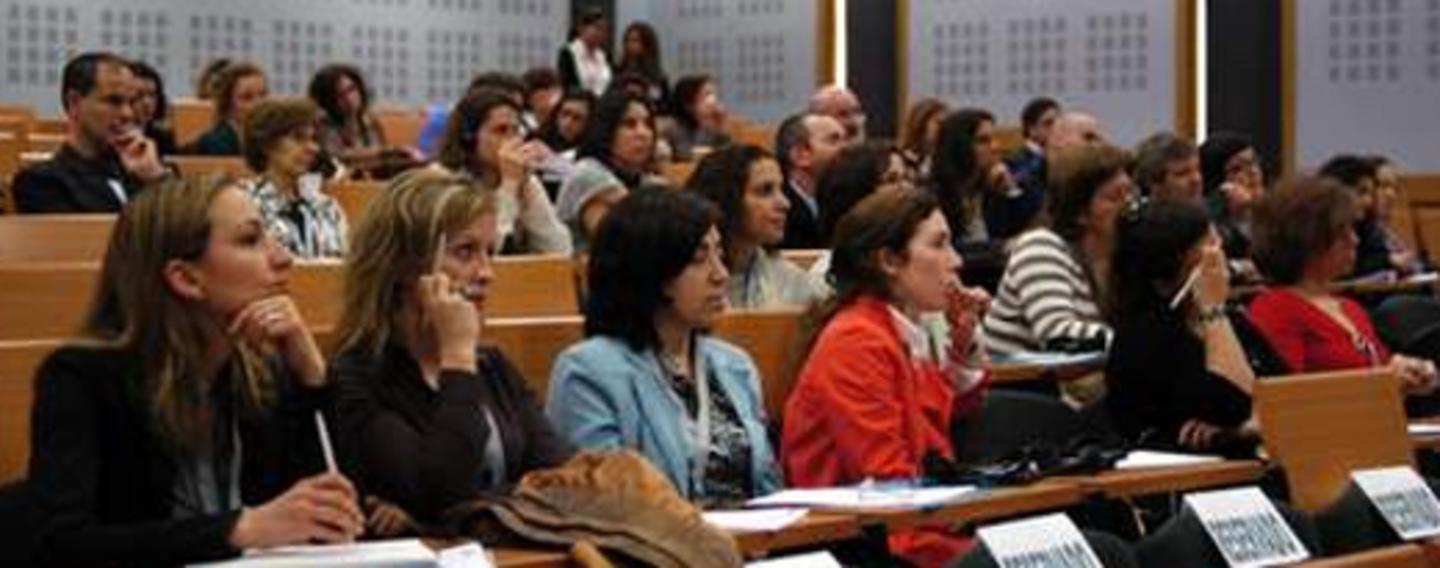Similar to most European countries, Portugal and Spain experience reduced population growth and a decrease in birth rate. A 2010 estimate, shows that Portuguese women have an average of 1.5 children, which is just below the EU average of 1.51. At the same time, the fertility rate in Spain is estimated to decrease to 1.32 in 2010.
A more equal division
In recent years, Spain has boasted one of the world’s largest increases in women’s participation in the labour market, organisational life and politics. Nevertheless, according to the Women’s Institute in Madrid (Instituto de la Mujer), the simultaneous decline in birth rate indicates the difficulties many women face in combining family life with a career. The institute has now been awarded a €1.2 million grant from Iceland, Liechtenstein and Norway to finance a project that seeks to encourage a more equal division of both professional and domestic tasks between men and women.
The project is implemented in close collaboration with the Norwegian Association of Local and Regional Authorities (KS). Drawing on Norway’s experiences with a childcare reform, maternal and paternal leave and a system of financial benefits for families with children, the project partners will provide support to local and regional authorities in Spain in developing work-life conciliation plans. The organisations also aim to elaborate a “Good Practices Guide” on work-life balance in both Spanish and Norwegian local governments – based on reflection, debate and exchanges of positive experiences between the 2 countries.
Rapid development
Senior Advisor Liss Schanke of the Norwegian Association of Local and Regional Authorities stresses that Norway also has much to learn from Spain. “No other European country has had such a rapid development within the field of gender equality as Spain. Even during the present financial crisis gender equality has been one of the Spanish government’s key priorities - at the national level as well as during the Spanish EU presidency. This is an attitude that Norway, as well as most other countries, can learn from”, Schanke says. 10 Spanish municipalities have been selected to take part in the project together with the 6 Norwegian municipalities.
Read more about the project in Spania here.
The Norwegian Association of Local and Regional Authorities is also involved in a similar project in Portugal. The Norwegian-Portuguese project sets out to assess the level of awareness and the use of conciliation measures between work and family life in Portugal. The analysis will serve as a platform when deciding necessary step to ensure a better work-life balance. The project is coordinated by the Institute of Family Science at the Catholic University in Lisbon and carried out by the Portuguese Association for Large Families.
Photo credit: The Institute of Family Science, Portugal
